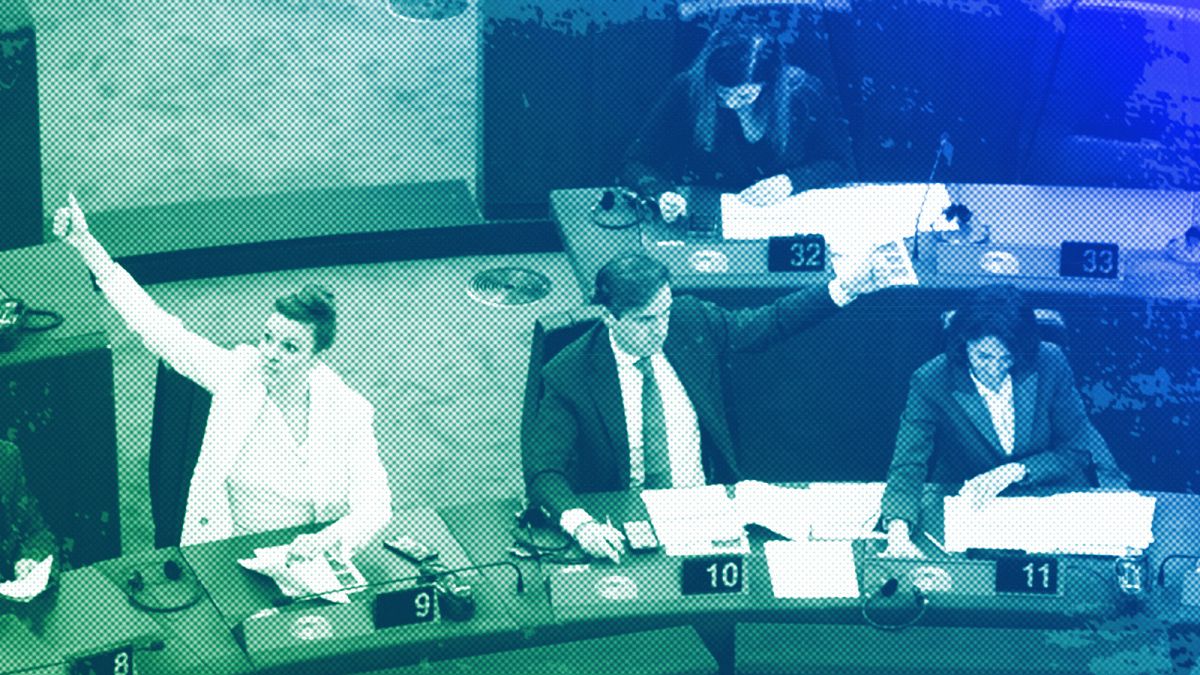The European Union is in the process of appointing chairs and vice-chairs for the Code of Practices for General-Purpose AI (GPAI) models, a key part of the EU AI Act. This decision will shape how regulations for AI will be implemented in the future. The rise of generative AI has sparked debates among member states and the European Parliament about the need for regulations to ensure trustworthiness in the AI ecosystem. The EU has opted for a co-regulatory approach that involves codes and technical standards to govern the obligations of GPAI model providers. The process draws on past experiences with regulatory frameworks such as the 2022 Code of Practice on Disinformation.
The AI Office is establishing a governance system for drafting the GPAI Codes of Practice through four Working Groups. Stakeholders will have multiple opportunities to contribute to the process, including public consultations and workshops. The independence criteria of the appointed chairs and vice-chairs will be crucial in ensuring the credibility and balance of the drafting process. These individuals will have significant influence in shaping the rules for GPAI models while balancing technical feasibility and innovation-friendly approaches. The selection process for the (vice) chairs will be challenging due to the diverse professional backgrounds and interests involved.
The (vice) chairs for the GPAI Code should be selected based on their expertise in GPAI models and experience in European or international committee work. The AI Office must consider both EU and international experts for these roles to ensure a successful outcome and legitimacy throughout the process. The chairs and vice-chairs will play a key role in guiding the rules for GPAI models to ensure that the European way of trustworthiness in the AI ecosystem endures. Their leadership will set the tone for the co-regulatory exercise, addressing complex socio-technical challenges and policies related to IP rights, CSAM, and other critical obligations for GPAI models. The ultimate goal is to achieve a pragmatic interpretation of the state of the art in AI regulations that reflects EU values while considering global perspectives.










